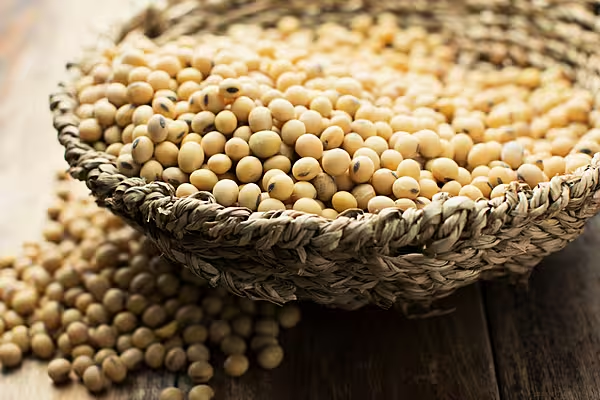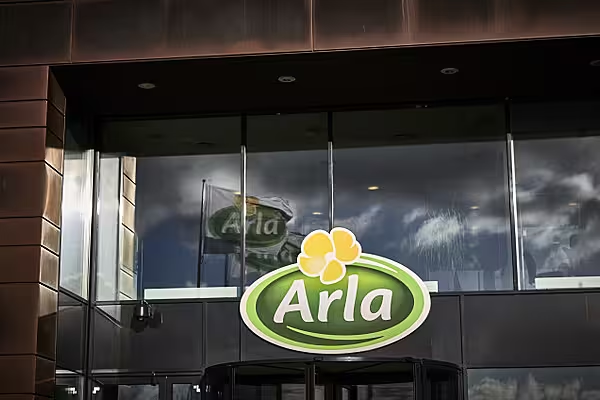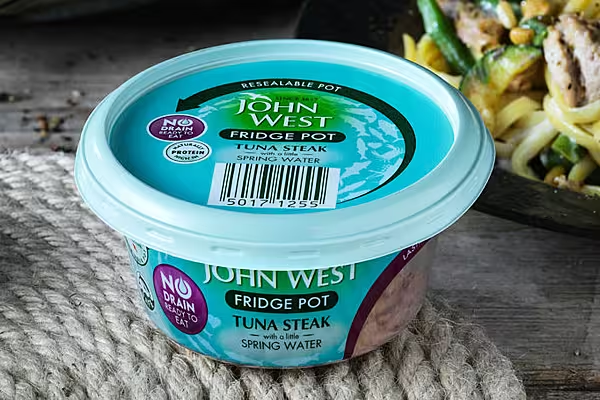The European Union is planning tougher restrictions on imported crops treated with pesticides banned in Europe, a draft European Commission document showed, a move that would impact suppliers including the US.
US president Donald Trump on Sunday shrugged off an earlier report of the EU plans from the Financial Times, which cited unnamed EU officials as saying they would present the idea this week.
A draft of the EU's Vision for Agriculture and Food policy document, due to be published on 19 February and seen by Reuters, confirmed the Commission would take a tougher line on imports to ensure a fair level playing field for Europe's farmers.
'The Commission will pursue, in line with international rules, a stronger alignment of production standards applied to imported products, notably on pesticides and animal welfare,' said the draft.
'The Commission will ensure that the most hazardous pesticides banned in the EU for health and environmental reasons are not allowed back into the EU through imported products.'
The draft, which did not specify which pesticides were the most hazardous, could still change before it is published.
US Imports
The EU move could block imports of US soybeans and other foods treated with pesticides not used by European farmers.
A European Commission spokesperson declined to comment on the leaked draft document.
Trump said on Sunday (16 February) the EU move would hurt Europe, and a White House official said the president would stand up for American farmers. Trump said the US was sticking to its plans to implement reciprocal tariffs.
Tensions are running high between the US and the EU after Trump's decision to impose 25% tariffs on all steel and aluminium imports from 12 March and 'reciprocal' tariffs from April, as well as separate tariffs on cars, pharmaceuticals and semiconductor chips.
The EU sets maximum residue levels in food imports of some pesticides banned in the EU.
Last year the Commission proposed to keep allowing residues of the fungicide cyproconazole and the insecticide spirodiclofen - which cannot be used by farmers in the EU – in imported products, despite European Parliament lawmakers demanding the thresholds were reduced to the lowest possible limit.












